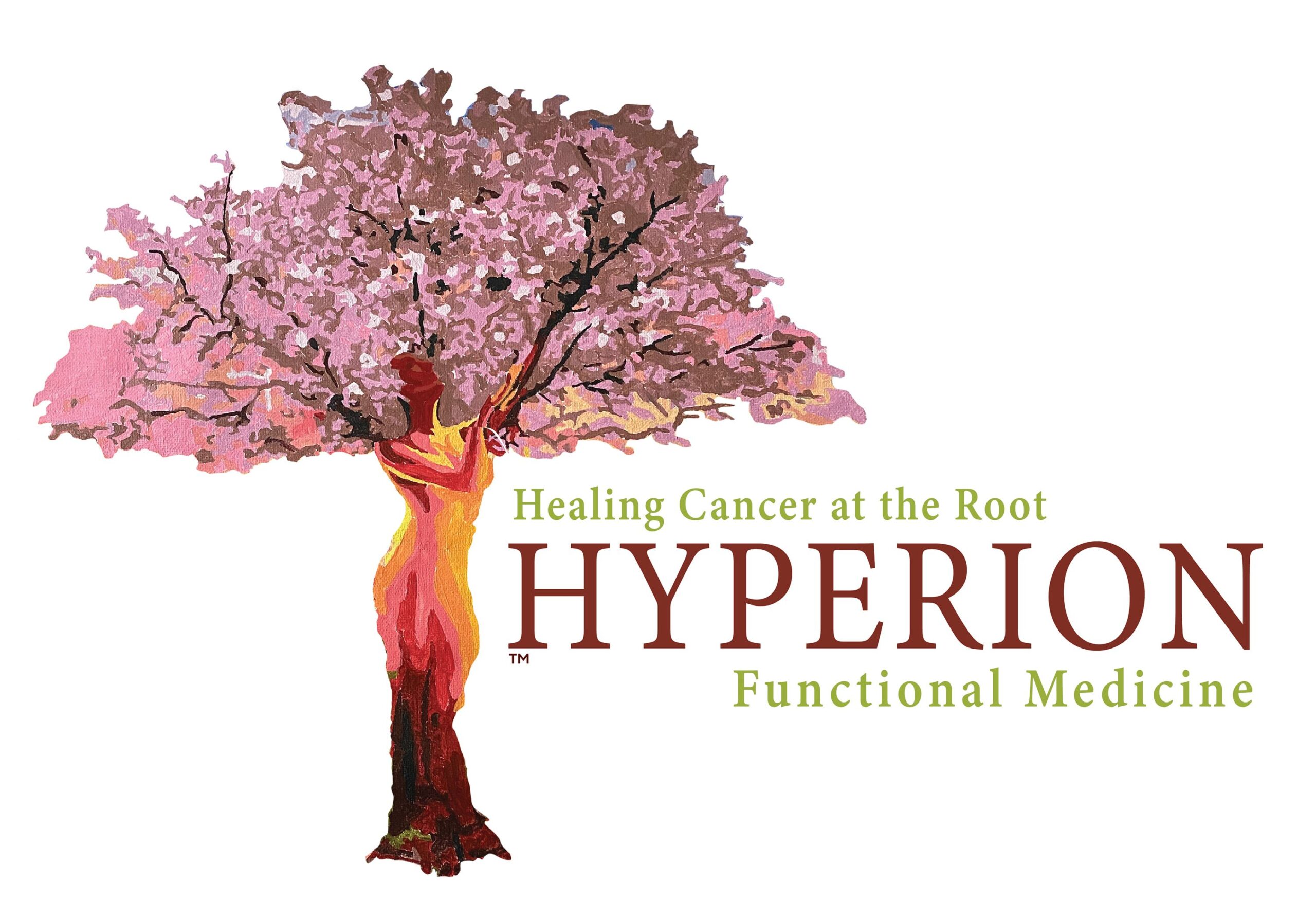A New and Emerging Hallmark of Cancer: “Polymorphic Microbes”
What are Cancer Hallmarks?
Each of the 14 Cancer Hallmarks is a part of a defined set of underlying principles that use cancer phenotypes and genotypes to help us further understand complexities of cancer. Each cancer type has its own set of key traits within its hallmarks that can be treatment targets.
The “Polymorphic Microbes” Hallmark
The “Polymorphic Microbes” hallmark describes the cancer microbiome and includes bacteria, fungi, and viruses (microbiota) – these have a profound impact on cancer pathogenesis. WHY?
- Because the microbiome plays a substantial role in tumor growth, cancer differentiation into specific types and malignant progression.
- This bacterial microbiota can regulate the development of tumors through immune system modification, and immune deficiency is one of the important markers of cancer pathogenesis.
- In patients with cancer: a “leaky gut” is another contributor to inflammation in the body and cancer growth.
- “Dysbiosis” leads to leaky gut.
What is Dysbiosis?
Dysbiosis occurs with:
1) Loss of beneficial, or commensal bacteria in your gut
2) Overgrowth of potentially pathogenic bacteria, forcing the good bacteria out.
3) Loss of overall bacterial diversity: Lifestyle and diet patterns have the biggest impact that influences the variety of bacteria in your gut
Gut healing is imperative in patients with cancer and chronic disease. Healing the gut and optimizing the G.I. microbiome is critical for patients in treatment for cancer with chemotherapy and/or immunotherapy, for patients with chronic disease AND with a history of gastrointestinal dysfunction leading to leaky gut.
So Just What is a “Leaky Gut”?
Bacterial dysbiosis leads to “leaky gut,“ when this occurs “junctions” that are part of the intestinal walls break apart and “open.” Undigested food, microbes and toxins then move into your bloodstream. Chronic inflammation is triggered, and the immune system sees these as foreign and pathogenic.
Signs of dysbiosis and/or “leaky gut” include:
- Food allergies or food intolerances
- Gas
- Reflux
- Brain fog
- Changes in mood
- During and after chemotherapy, patients commonly experience bloating, nausea and vomiting, mucositis, diarrhea, constipation, anxiety and depression, peripheral neuropathy, fatigue, hot flushes, insomnia and cognitive impairment
A rise in symptoms of chronic inflammation because of “leaky gut” lead to joint pain, autoimmune disease, diabetes, obesity. Your immune system starts to react against food particles leaking out coming from gluten, dairy, and toxins. This can highly increase the risk of autoimmunity. The immune system gets confused and attacks “self.”
How Can You Discover Your level of Dysbiosis and Inflammation Leading to Leaky Gut?
Specific and research supported GI studies are done using special test kits targeting your GI Microbiome. These tests reveal to us:
- Specific Markers indicating “leaky gut” in your microbiome
- Digestive enzymes and absorption levels of specific nutrients and possible dysfunction
- Levels and types of inflammation
- Types and numbers of bacteria that are living in your G.I. microbiome. This includes commensal or ”good bacteria” and potentially infectious bacteria or parasites.
https://www.gdx.net/education/2023/01/interpreting-the-gi-effects-profile
Lifestyle, diet patterns and specialized cancer treatment plans based on stool testing are critical parts of healing for all patients.
About the Author, Jen Bouchard APN MPH IFMCP – CEO of Hyperion Functional Medicine

Jennifer Bouchard is an ANCC-Certified Family Nurse Practitioner and Certified Functional Medicine provider. One of nearly 1800 Institute of Functional Medicine (IFM) Certified Providers (IFMCP). Certified 2018 through 2028. She is a Member of the American Association of Nurse Practitioners.
REFERENCES
DeGruttola AK, Low D, Mizoguchi A, Mizoguchi E. Current Understanding of Dysbiosis in Disease in Human and Animal Models. Inflamm Bowel Dis. 2016 May;22(5):1137-50. doi: 10.1097/MIB.0000000000000750. PMID: 27070911; PMCID: PMC4838534).
Oh B, Boyle F, Pavlakis N, Clarke S, Guminski A, Eade T, Lamoury G, Carroll S, Morgia M, Kneebone A, Hruby G, Stevens M, Liu W, Corless B, Molloy M, Libermann T, Rosenthal D, Back M. Emerging Evidence of the Gut Microbiome in Chemotherapy: A Clinical Review. Front Oncol. 2021 Sep 16;11:706331. doi: 10.3389/fonc.2021.706331. PMID: 34604043; PMCID: PMC8481611.
Hanahan D. Hallmarks of Cancer: New Dimensions. Cancer Discov. 2022 Jan;12(1):31-46. doi: 10.1158/2159-8290.CD-21-1059. PMID: 35022204.
Sepich-Poore GD, Zitvogel L, Straussman R, Hasty J, Wargo JA, Knight R. The microbiome and human cancer. Science. 2021 Mar 26;371(6536):eabc4552. doi: 10.1126/science.abc4552. PMID: 33766858; PMCID: PMC8767999.
Huang JT, Mao YQ. The impact of the microbiome in cancer: Targeting metabolism of cancer cells and host. Front Oncol. 2022 Nov 16;12:1029033. doi: 10.3389/fonc.2022.1029033. PMID: 36465375; PMCID: PMC9708872.
de Waal GM, de Villiers WJS, Pretorius E. The Link Between Bacterial Inflammagens, Leaky Gut Syndrome and Colorectal Cancer. Curr Med Chem. 2021;28(41):8534-8548. doi: 10.2174/0929867328666210219142737. PMID: 33605849
Fujita K, Matsushita M, De Velasco MA, Hatano K, Minami T, Nonomura N, Uemura H. The Gut-Prostate Axis: A New Perspective of Prostate Cancer Biology through the Gut Microbiome. Cancers. 2023; 15(5):1375. https://doi.org/10.3390/cancers15051375
Wei L, Wen XS, Xian CJ. Chemotherapy-Induced Intestinal Microbiota Dysbiosis Impairs Mucosal Homeostasis by Modulating Toll-like Receptor Signaling Pathways. Int J Mol Sci. 2021 Aug 31;22(17):9474. doi: 10.3390/ijms22179474. PMID: 34502383; PMCID: PMC8431669.)
https://www.gdx.net/education/2023/01/interpreting-the-gi-effects-profile
Fasano A. Zonulin, regulation of tight junctions, and autoimmune diseases. Ann N Y Acad Sci. 2012 Jul;1258(1):25-33. doi: 10.1111/j.1749-6632.2012.06538.x. PMID: 22731712; PMCID: PMC3384703.
